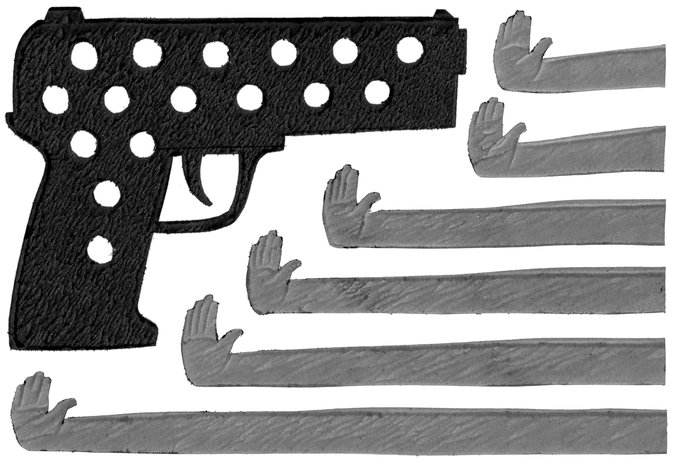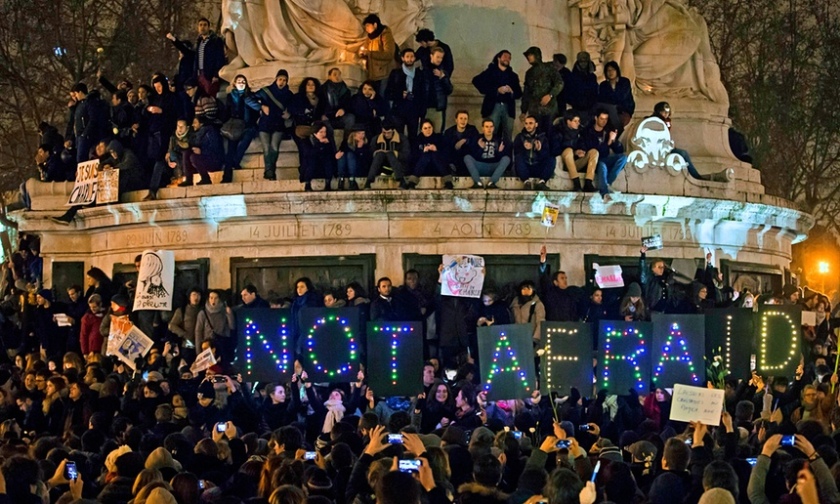
Negative rates are now the policy of the European Central Bank, with a deposit rate of minus 0.40%. Ditto for Switzerland, where the rate is minus 0.75%. In Sweden, the rate is minus 0.35%. The Bank of Japan too has announced negative interest rates, of 0.10%.
More than $26 trillion of government bonds now trade at yields of below 1%, with around $7 trillion currently yielding less than 0%. Government bonds in Germany with a maturity of seven years are trading at negative yields, while Swiss and Japanese government bonds out to 10 years trade at negative yields.
Negative yields mean that if an investor places a deposit with a bank, at maturity the investor receives an amount less than the original investment. In effect, the depositor pays to place money with the bank. In the case of bonds, negative yields mean that investors accept an economic loss, as the price paid by the investor is greater than the present value of the interest payments and principal repayment for a security.
Negative real rates entail return on the amount invested but loss of purchasing power because inflation rates are greater than the return. Negative nominal rates involve a guaranteed loss of capital invested.
Yet negative rates so far have not boosted growth or inflation. Instead the policy is creating serious economic and financial distortions.
The lack of impact on the real economy reflects the failure of these policies to materially increase consumption and investment. Heavily indebted or increasingly cautious households are reluctant to borrow to fund spending. Low business investment reflects lack of demand, over-capacity, and a reluctance to increase debt in a potentially deflationary environment.



